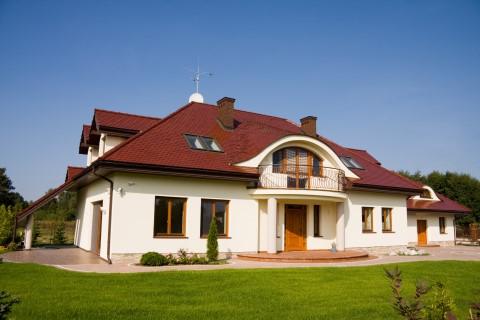
Will Singapore head into a housing bubble soon?
Analysts weigh in on whether the conditions are ripe for a housing bubble or not.
Half a decade has passed since Singapore’s last housing bubble in 2010-2013. In 2017, the property market was abuzz due to record-high bids for properties that weren’t witnessed in years. As prices are expected to trend even higher this year due to higher land cost, stronger economic growth, and higher housing demand, many may wonder if a housing bubble is forming now.
OrangeTee Research and Consultancy head Christine Sun thinks the soaring prices aren’t likely to spark a housing market collapse soon. “The overall transaction volume in 2017 and January-February 2018 is still much lower than the previous peaks. Various pre-emptive measures like the TDSR (Total Debt Servicing Ratio) and Seller’s Stamp Duty are in place to stabilise the market while factors that fuelled the property bubbles in 2007 and 2010 are notably absent – high volume of sub-sales (an indicator of speculative activity), many overstretched borrowers and influx of foreign buyers,” she said.
Sun said in a report that whilst the overall prices have escalated in recent months, the number of transactions remained low as compared to the high volume seen in 2007 and 2010-2013. “2,357 caveats (451 CCR, 837 RCR and 1,069 OCR) were lodged in the first two months of 2018, lower than the last 10-year average of 2,542,” she added.
The analyst added that it is also much lower than the average 4,143 units seen between 2010 and 2013. Further, only 1.6% of the total transactions in Jan-Feb 18 were sub-sales, much lower than the last 10-year average of 8.7%.
JLL Singapore Research and Consultancy national director Ong Teck Hui concurred with Sun and said there is no sign of a housing bubble in Singapore. “Firstly, prices have only risen by 0.7% in 3Q2017 and 0.8% in 4Q2017 since the residential market bottomed in mid-2017, based on URA’s residential property price index. This is a relatively mild and gradual increase, unlike the sharp spikes in 2007 averaging 7% per quarter or between mid-2009 and mid-2010 averaging 8.5% per quarter.”
Moreover, Ong noted that in 2007 and 2009, sub sales accounted for 13.6% and 11.9% of total private residential transaction volume respectively. These “were indicative of strong speculative activity in the market. In 2017, only 1.5% of total transactions were attributable to sub sales, due to the deterrent effect of the Seller’s Stamp Duty,” he said.
Thirdly, housing affordability has improved. “Between 2013 and 2017, residential property prices fell about 12% while average resident household income rose by about 12%,” Ong added.
Also read: Homes are still "seriously" unaffordable in Singapore
Tang Wei Leng, Managing Director, Colliers International thinks the likelihood of a housing bubble in Singapore is low, but only in the near-term, because home values have fallen by about 12% since a peak in 2013. “The price recovery of 1.1% witnessed last year was mild and we expect any further price increase to be gradual.
Tang understood that escalating land prices have stoked concerns about higher home prices. “Whilst we foresee an uptrend in prices, we do not think they will rise sharply as developers are still subject to market forces and competition for buyers. We also expect developers to adjust their land bids according to market dynamics and future land prices may not necessarily rise at the same pace that we have witnessed in the past year,” she said.
In addition, a slew of cooling measures - such as tighter loan restrictions and additional buyer’s stamp duty - aimed at stabilising the property market remain in place, ensuring that the residential real estate market in Singapore remains sustainable.
Colliers projects that overall home prices could climb by 5% in 2018, in tandem with the rosier economic outlook. “The price recovery could also be supported by a more benign supply outlook over the next three years. Supply completions in 2017 was down 20.9% from the peak in 2016, and will taper further in 2018.”
In 2018, the firm projects a full-year developer take-up of 12,600 units, 19% higher than 10,566 units in 2017. “This would be underpinned by pent-up demand, improved sentiment and availability of more choices with more new launches. There may also be spillover demand from sellers of en-bloc sales looking for replacement homes. Beneficiaries of collective sales may also channel the proceeds to fund the down payment for homes for their children or grandchildren, thereby creating and supporting housing demand,” Tang added.
























 Advertise
Advertise









